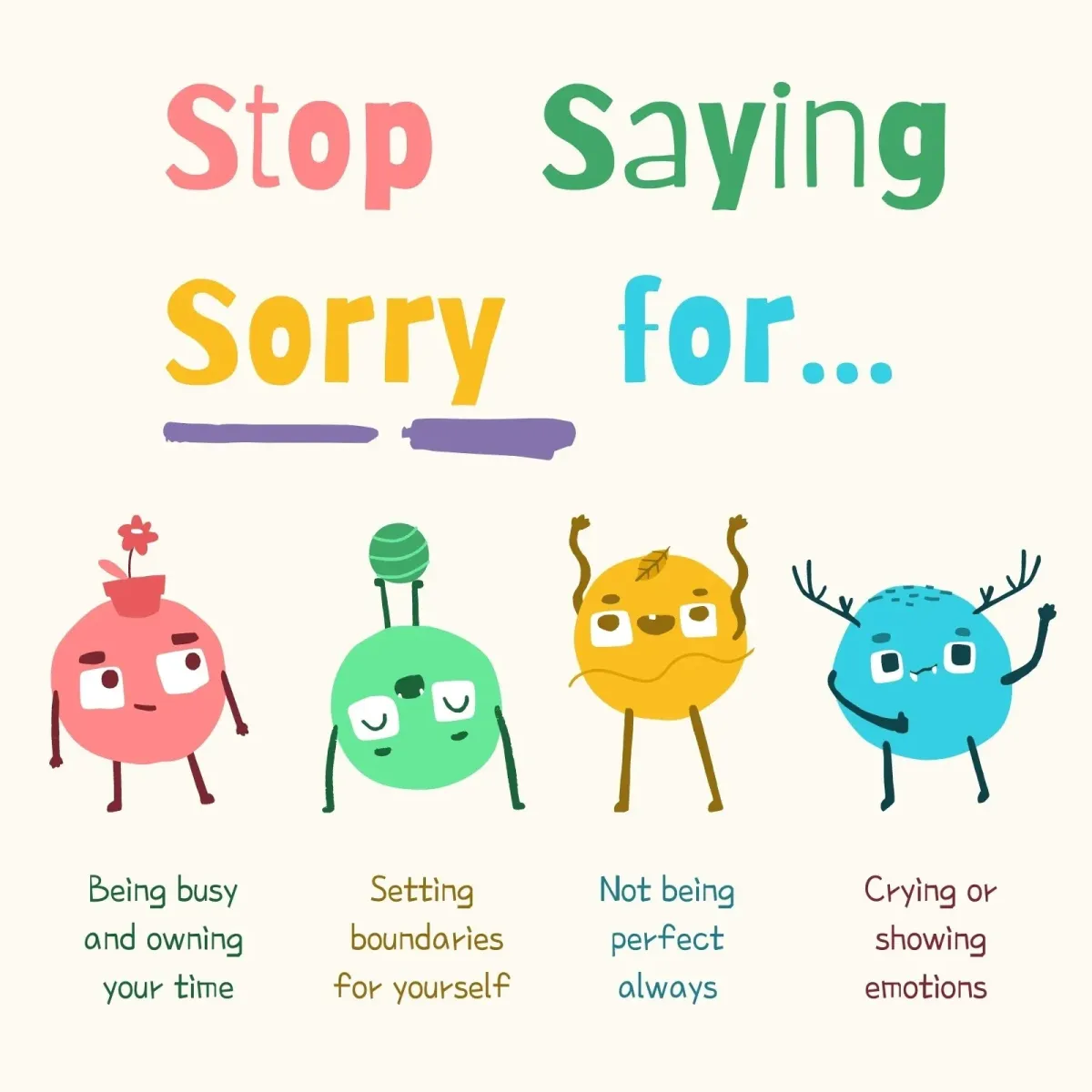
Boundaries Aren’t Mean: Reclaiming the Word “Selfish”
One of the most common struggles I see in therapy is the guilt that comes with setting boundaries. Clients often say things like, “I don’t want to be mean,” or “I feel selfish saying no.” And it makes sense, many of us were conditioned to avoid conflict, overextend ourselves, and prioritize the comfort of others, even when it came at the expense of our own well-being. When you’ve spent years people-pleasing, setting boundaries can feel like you’re doing something wrong.
Imagine this: A friend asks you to run an errand for them on your only free afternoon. You want to say no, but guilt creeps in, so you rearrange your whole day to help. By the end, you’re exhausted and frustrated, realizing the guilt was louder than your actual need for rest. This isn’t about rejecting your friend—it’s about learning that your time and energy matter too. A clear boundary here could protect the friendship rather than strain it.
Or picture this: A family member often borrows your things, maybe clothes, laptop, or even your car, without asking. You feel a twinge of discomfort but bite your tongue because you don’t want to start conflict or be labeled as difficult. Over time, resentment builds because your space and belongings don’t feel respected. Setting a boundary here might sound like, “I’m not comfortable with you borrowing this without asking first.” That isn’t selfish, it’s a clear way of teaching others how to respect you and your limits.
But setting boundaries isn’t about shutting people out. It’s about creating structure in your relationships that protects both you and the people you care about. In session, I often describe boundaries as a guidebook: a clear, respectful way of showing others how to stay connected to you long-term. Boundaries are a form of love. They give people the opportunity to understand you, respect your limits, and maintain closeness in a way that feels safe for everyone involved.
The word selfish often carries a negative connotation, but it’s important to recognize how this label can be misapplied, especially when it comes to boundary-setting. Research on people-pleasing behaviors and trauma responses like fawning shows that many individuals struggle to distinguish between self-abandonment and self-protection. As a result, asserting a need or declining a request can trigger intense guilt. In these moments, being called “selfish” can feel like shame, but it’s often just a reaction to no longer prioritizing someone else’s comfort over your own. When grounded in clarity and self-respect, what feels selfish is often a healthy, necessary step toward emotional safety and relational stability.
Boundaries aren’t about punishment or control, they’re about communication. They reduce resentment, clarify expectations, and allow relationships to function with more ease and less confusion. Without them, we tend to override our own nervous systems, say yes when we mean no, and quietly burn out while trying to keep everyone else comfortable. That’s not sustainable.
Healing often requires building tolerance for the discomfort that comes with change. If you’ve spent most of your life accommodating others, the shift toward self-protection can feel unnatural at first. But over time, it becomes a form of empowerment. You begin to trust that you can say no without losing love, that you can set limits without hurting others, and that the people who are meant to stay in your life won’t be threatened by your boundaries, they’ll be grateful for the clarity they bring.
Coping Skill: Redefine “Selfish” Through Practice
Pay attention this week to when the word selfish shows up, whether in your own thoughts or from others. When it does, pause and ask yourself:
“Is this actually selfish, or is this me protecting my peace?”
Then, practice saying one boundary-aligned statement without over-explaining. Something simple like:
“That doesn’t work for me,” or “I’m going to take the night to rest.”
No justification. Just clarity.
The more you do this, the more your nervous system learns that you are safe to choose yourself.